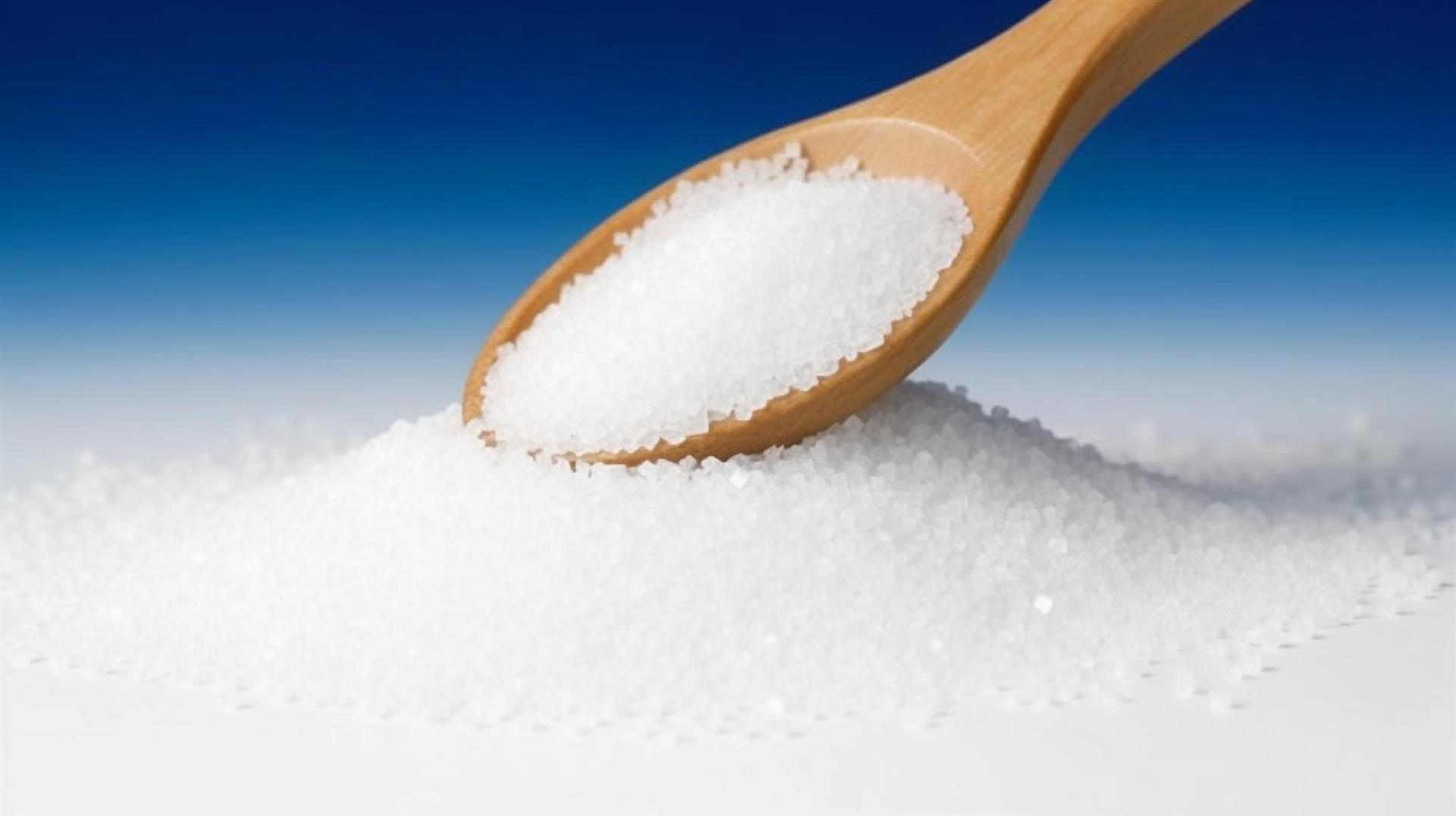INSIGHTS
Aspartame Uncovered
Separating Fact from Fiction in Health and Safety
Sweetening the Future
With the rising demand for sugar alternatives, aspartame is gaining attention not just for its sweetness but also for potential health concerns. The use of sugar alternatives in food & beverage launches is increasing globally, alongside the demand for clean-tasting and more natural sweetener solutions. The push from governments, organizations, and health-related associations to limit sugar in products is creating new opportunities for innovation in this field, prompting several leading producers and suppliers to dive deeper into the evolving sweetener solutions market.
Understanding Aspartame
Aspartame, an artificial sweetener, is 200 times sweeter than sucrose. Due to its intense sweetness, aspartame offers a calorie-reduced alternative to traditional sugars and is a common ingredient in various products, from diet sodas to low-sugar yogurts, chewing gums, teas, and energy drinks.
Expert Perspectives on Aspartame and Cancer
The International Agency for Research on Cancer (IARC), a division of the WHO, classifies aspartame as “possibly carcinogenic to humans” (Group 2B). This classification does not confirm a direct link but rather indicates that more research is needed. It’s based on limited evidence suggesting a potential link to liver cancer in humans. However, the evidence is also limited in lab animals, and mechanisms for this potential connection remain uncertain. JECFA, an international expert committee by FAO and WHO, evaluates food additive safety, considering all potential health effects, including cancer. Their evaluations highlight the need for further, more comprehensive studies.
Safe Consumption of Aspartame
Regulatory bodies like the FDA set an acceptable daily intake (ADI) for sweeteners. The FDA’s ADI for aspartame is 50 milligrams per kilogram of body weight per day, slightly higher than EFSA’s 40 mg/kg per day. To reach EFSA’s limit, an adult weighing 132 pounds would need to consume about 36 cans of diet soda a day. Except for individuals with phenylketonuria (PKU), a rare genetic disorder, aspartame hasn’t been conclusively linked to specific health problems. PKU prevents the breakdown of phenylalanine, found in various foods, including aspartame.
Ensuring Consumer Awareness
Steps have been put in place to ensure people are informed about aspartame and any potential risks associated with it. Aspartame is considered a food additive and is carefully regulated. Businesses using it need to register a food formulation certificate that includes details about the ingredients, production process, and test results. They also need to get the label checked. Entrepreneurs must adhere to rules about listing ingredients and display clear warnings for groups who might be more affected, like ‘PHENYLKETONURICS: CONTAINS PHENYLALANINE’. These regulatory measures demonstrate a proactive approach to consumer safety and awareness.
In Conclusion
In the realm of sugar alternatives, aspartame has emerged as a favored choice for those seeking to indulge their sweet tooth responsibly. Recognizing the importance of informed consumption, JECFA has meticulously evaluated the potential health risks of aspartame. Their findings reassure us that aspartame poses no significant health risks when consumed within the daily guidelines recommended by regulatory bodies and following the CODEX standards for food additives.
However, it’s crucial for consumers to source aspartame-containing products from trusted, compliant manufacturers, ensuring that the items are accurately labeled and used in moderation. This vigilance ensures that aspartame remains a beneficial part of a balanced diet.
For those exploring beyond aspartame, many sweetener alternatives offer a sugar-like taste. At Jebsen and Jessen Ingredient, we’re at the forefront of this evolving market. Contact us today to discover how we can assist you in finding the perfect sweetener alternative. If you want to learn more about the different sweetening options we have available for your food and beverage formulations you can read our detailed article about sweeteners here: Sweeteners Decoded: Understanding Sugar, Sugar Alcohols and Sugar Substitutes.
References
Related Articles & Trends
Interview: Navigating the ASEAN Future of Food Ingredients with Jebsen & Jessen
In an enlightening interview with Food Entrée & Manufacturing, Ratana Vongmukdaporn, the Regional Business Line Head of Food and Pharmaceuticals & Personal Care at Jebsen & Jessen Ingredients, shares valuable insights on adapting to the evolving dietary preferences and trends within the ASEAN region.
Embracing the Vitality of Healthy Aging
Discover 2024’s key trends in healthy aging, focusing on nutritional advancements and food innovations for the elderly. Learn about the impact of sensory changes, dietary adjustments, and targeted supplements on senior health and lifestyle.
Elevating Pet Diets: The Jebsen & Jessen Approach to Pet Food Ingredients
Dive into the world of pet food ingredients with Jebsen & Jessen. Uncover how we blend nutrition, flavor, and quality to promote your pet’s health and well-being. From functional nutrients to palatable tastes, learn what makes our pet food stand out in fostering happy, healthy pets.







